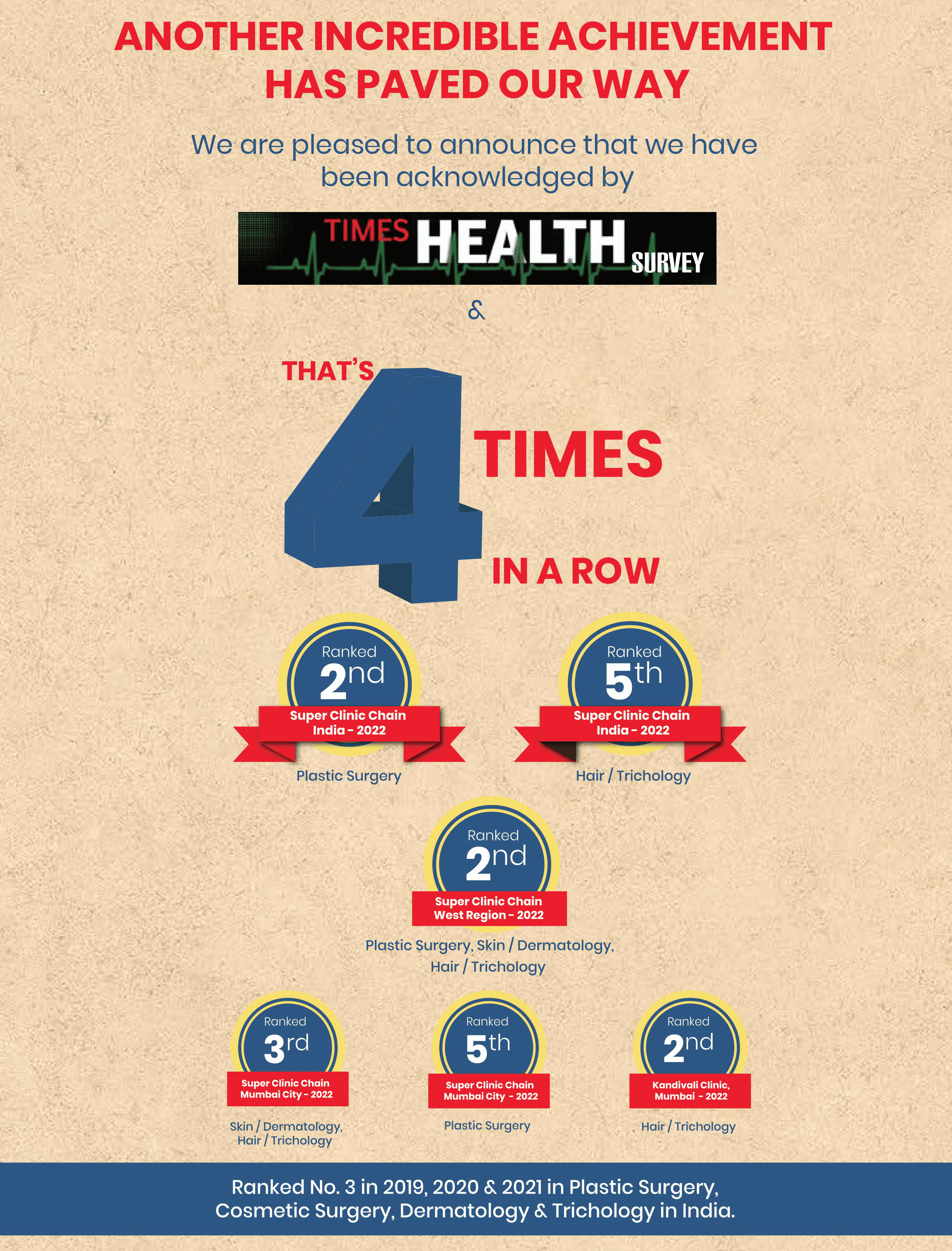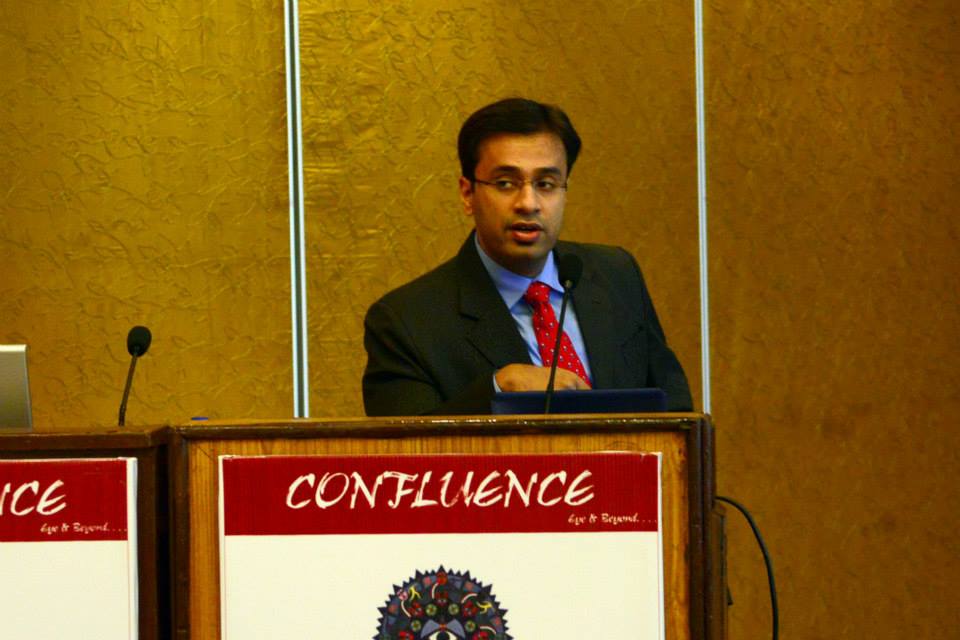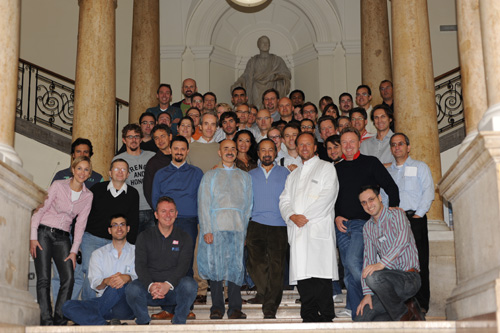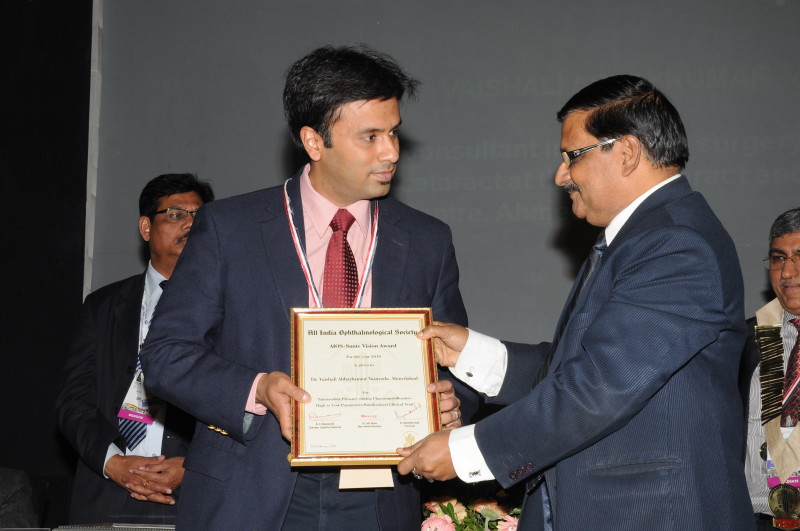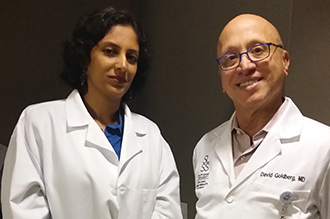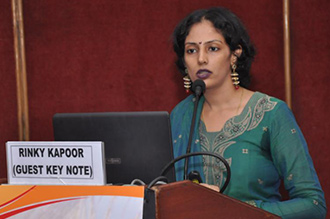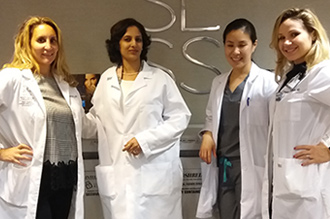From the term Maxillofacial surgery, it is logical to assume that it most probably pertains to the face and the frontal region of the head. Maxillofacial surgery, to be concise, is a certain aspect of medicine that is centered on administering treatments about the jawbone and facial axis by way of surgical procedures.
Oral and Maxillofacial surgery may be conducted as an inpatient, outpatient, elective, scheduled or emergency procedure, this is dependent upon the gravity and type of condition. Usually, oral and maxillofacial surgeons perform their functions in simultaneity with other surgeons such as surgical oncologists and suchlike to treat complicated conditions or cases where severe head/facial trauma is involved.
Trauma
Simple injuries such as tiny cuts or loose teeth, complicated damages affecting the nerves or brain are all good instances of head, neck, and facial trauma. Oral and maxillofacial surgeons treat such injuries in quite a vast array of settings ranging from emergency services to the battlefield. They offer a wide range of services, varying from simple wound cleansing to complex craniofacial reconstruction. In cases where the injuries are more severe, the oral and maxillofacial surgeon will collaborate with experts in other spheres of medicine such as neurology and ophthalmology.
This requires a thorough understanding of the anatomy, growth, development, and function of the face and jaw. In addition to that, the surgeon must be aware of how the various separate components are interrelated. The following are some of the most commonly performed surgical operations in facial aesthetics:
Jaw joint disorders are prevalent, and affect up to 40% of people at some point in their lives; females are more likely to experience them. Joint pain and clicking commonly set off in adolescence, but this, on many occasions, resolves and there’s no recurrence. The condition persists in a small proportion of persons throughout early adulthood before the symptoms disappear. For a very little percentage of people, the problems persist and eventually lead to chronic pain and discomfort.
There are two types of temporomandibular joint problems: those in which the anatomy is normal but the function is not, and those in which the anatomy is abnormal but the function may or may not be normal. In the second division, there will most likely be a need to conduct surgery.
Maxillofacial surgery is a type of oral surgery that requires greater, advanced technical, medical skills. A maxillofacial surgeon can perform all of the procedures that an oral surgeon can, plus a lot more. Having said that, a medical degree and intensive training in dental medicine are huge requirements for an oral and maxillofacial surgeon.
Whilst an oral surgeon does not possess the ability to carry out the most modern oral surgical treatments, a maxillofacial surgeon has no restrictions on the sorts of dental surgery that can be performed. What this alludes to is that they are capable of conducting surgical procedures such as tooth extractions, dental implants, and gum surgery, amongst others.
A maxillofacial operation may be required if your condition goes beyond just your mouth. Perchance, if you have a deformity of the nasal cavity, a maxillofacial surgeon possesses the know-how to deal with it surgically.
Very often, maxillofacial surgeons are turned to when it comes to treating patients who have suffered facial trauma. Trauma can be said to be a sudden, severe strike that breaks bones and could very easily result in facial disfigurement.
You may start to notice the development of abnormal growths in the area of your head, neck, or mouth from time to time. These growths might be benign, which means they’re not harmful, or malignant or on the other hand, it could be that they’re cancerous. A maxillofacial surgeon will be able to tell the difference between the two and administer treatment correspondingly.
Except for the inability to endure general anesthesia, there are few absolute contraindications to oral and maxillofacial surgery. Other types of anesthesia, such as regional blocks or local anesthesia with intravenous sedation, may be employed in these situations.
Certain elective operations may be ruled out due to relative contraindications. These types of cases are assessed on an individual basis, with the advantages weighed against the hazards. Conditions like this include, but are not limited to:
Stated below are aspects of surgery that fall within the scope of an OMS expertise:
An oral and maxillofacial surgeon is capable of carrying out a diagnostic procedure and treating cancers of the head, neck, and mouth through surgery. Oftentimes, oral cancer surgery entails removal of the malignant tissue and rebuilding the surgical site in a bid to enhance the overall appearance and outlook and function, at the same time.
Orthognathic surgery is a type of dental surgery that focuses on the straightening of Jaws.
To do so, a procedure known as osteotomy is carried out; it entails removing sections of the jaw to produce removable bone fragments that can be relocated to form a straight jaw.
Difficulty eating or biting due to malocclusion, facial deformity, speech abnormalities, and poor dental appearance are the most prevalent reasons that necessitate osteotomy.
Craniofacial surgery is a type of surgery that focuses on the face and head.
This aspect is focused on conditions that affect the face and head’s hard and soft tissues. Underlisted are some instances of craniofacial conditions:
Every single one of these illnesses manifest themselves early in life, with patients typically being children under the age of two. A multidisciplinary team that includes neurosurgery and maxillofacial reconstruction is often charged to administer treatment to the patient surgically. This surgery is a major one and involves a lot of blood loss, therefore it’s commonly required intensive care to be given for difficult cases or when there are challenges with breathing.
Dental alveolar surgery
The surgical treatment of issues with the teeth and the supporting tissue that surrounds them is what dental alveolar surgery entails. The following are some examples of procedures that fall into this category
Extraction of affected teeth. Often the wisdom teeth or canine teeth.
Here, besides the preset risks already associated with surgeries generally, Oral and Maxillofacial surgery has certain risks that are associated with it, most particularly following reconstructive surgery or situations where facial trauma has occurred:
The fact that maxillofacial surgery involves the skull, cranium, and jawbone makes it a delicate procedure that has to be performed with thorough knowledge of the anatomical structure of the maxillofacial aspect. As such, this surgery should only be provided by seasoned specialists who have undergone several rigorous years of training as regards these processes. And, the good news is that you can have your maxillofacial surgery nearby in India at The Esthetic Clinics
The Esthetics Clinics has got a team of professionals led by renowned oral and maxillofacial surgeon, Dr. Debraj Shome, and a group of other notable surgeons who possess immersive and extensive knowledge in various surgical fields. With a myriad of facilities at their disposal, they look to provide you with the best possible experience you can imagine for your oral/maxillofacial surgery.
Oral and Maxillofacial surgery encompasses a vast array of surgical processes and might involve separate tissues, organs, parts of the face, teeth, mouth, jaw, or skull. For this reason, a definite price range cannot be stated as the discrepancy in cost of maxillofacial procedures would be hinged largely upon the factors listed below:
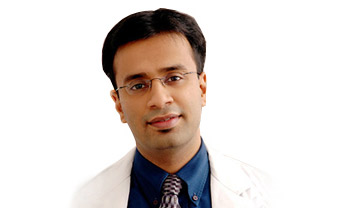

Dr. Debraj Shome is Director and Co founder of The Esthetic Clinics. He has been rated amongst the top surgeons in India by multiple agencies. The Esthetic Clinics patients include many international and national celebrities who prefer to opt for facial cosmetic surgery and facial plastic surgery in Mumbai because The Esthetic Clinics has its headquarters there.
